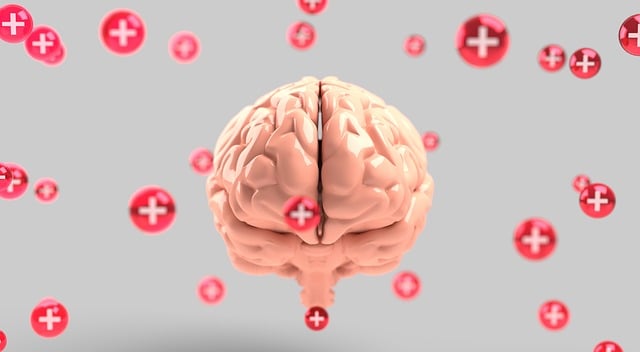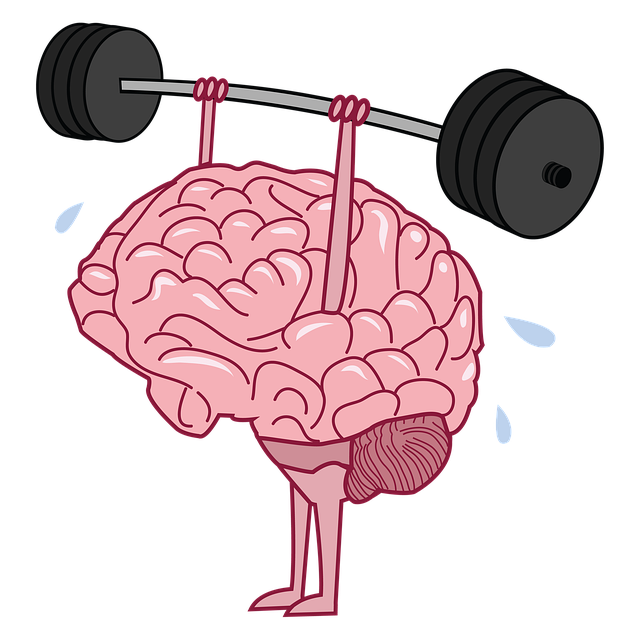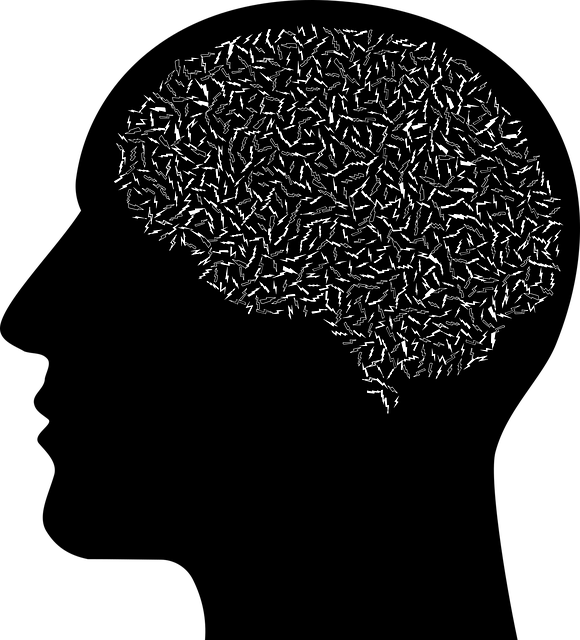In diverse communities like Castle Rock, cultural competency in healthcare is vital for providing sensitive and effective care that respects patients' unique cultural contexts. Biases and stereotypes among providers can lead to critical errors, particularly with conditions like Castle Rock ADD-ADHD, causing misdiagnoses and inappropriate treatment. Training programs addressing personal biases and offering strategic workshops with case studies are crucial for fostering cultural competency, ensuring equitable care, and improving patient outcomes, as seen in the successful implementation of Castle Rock ADD-ADHD Evaluations & Therapy.
Healthcare provider cultural competency training is essential in today’s diverse society. Understanding Cultural Competency in Healthcare explores the critical framework for delivering inclusive patient care. The article delves into the profound impact of bias and stereotypes on treatment outcomes, emphasizing the need for informed practices. Furthermore, it presents strategies for effective training, highlighting successful implementations in clinical settings, such as Castle Rock ADD-ADHD Evaluations & Therapy. These approaches ensure culturally sensitive healthcare, enhancing patient satisfaction and outcomes.
- Understanding Cultural Competency in Healthcare: A Necessary Framework
- The Impact of Bias and Stereotypes on Patient Care
- Strategies for Effective Training and Implementation in Clinical Settings: A Case for Castle Rock ADD-ADHD Evaluations & Therapy
Understanding Cultural Competency in Healthcare: A Necessary Framework

In the realm of healthcare, cultural competency is a critical framework that enables providers to offer compassionate and effective care to a diverse range of patients. This involves understanding and respecting different cultural beliefs, values, and practices while addressing their health needs sensitively and effectively. Given the increasing diversity within communities, especially in areas like Castle Rock where various ethnic and cultural backgrounds coexist, healthcare provider training in cultural competency becomes indispensable. Such training equips professionals with the skills to navigate complex interpersonal dynamics, ensuring every patient receives personalized care tailored to their unique cultural context.
For instance, when dealing with individuals from communities grappling with mental illness or trauma, a culturally competent approach can significantly impact outcomes. This may involve integrating Crisis Intervention Guidance and Trauma Support Services within regular therapy sessions for those with ADD-ADHD, addressing not just symptoms but also the socio-cultural factors that influence well-being. Mental Illness Stigma Reduction Efforts play a pivotal role here, fostering an environment where patients feel safe to seek help without fear of judgment, ultimately enhancing treatment adherence and outcomes.
The Impact of Bias and Stereotypes on Patient Care

Unconscious biases and stereotypes held by healthcare providers can significantly impact patient care, leading to misdiagnoses, inappropriate treatment plans, and a breakdown in communication. These biases, often rooted in societal norms and personal experiences, may cause professionals to make assumptions about patients based on their race, ethnicity, gender, or even behavioral traits like attention-deficit/hyperactivity disorder (ADD/ADHD). For instance, a provider’s preconceived notions about Castle Rock ADD-ADHD evaluations and therapy could influence their assessment of a patient’s symptoms, potentially delaying necessary support.
In the context of diverse patient populations, these biases can further contribute to health disparities. The Stress Management Workshops Organization emphasizes the importance of crisis intervention guidance for healthcare workers to navigate such situations effectively. By recognizing and addressing personal biases through training programs, professionals can foster an environment that promotes cultural competency, ensures equitable care, and ultimately improves patient outcomes.
Strategies for Effective Training and Implementation in Clinical Settings: A Case for Castle Rock ADD-ADHD Evaluations & Therapy

Effective cultural competency training in healthcare settings requires a strategic approach tailored to the unique needs of diverse patient populations. For instance, at Castle Rock ADD-ADHD Evaluations & Therapy, we’ve found success through immersive workshops that blend interactive learning with real-world case studies. These sessions empower healthcare providers to understand and navigate cultural nuances, ensuring sensitive and accurate assessments. By fostering open discussions around diagnostic challenges and successful therapeutic interventions across diverse backgrounds, our training equips professionals with the tools to deliver culturally responsive care.
Implementing these strategies in clinical settings boosts public awareness campaigns about ADD-ADHD, encourages coping skills development, and cultivates inner strength among both patients and providers. This holistic approach not only enhances diagnostic accuracy but also fosters a more inclusive environment where every patient feels heard and respected.
Cultural competency training, as highlighted by the case of Castle Rock ADD-ADHD Evaluations & Therapy, is a vital tool in healthcare. By understanding and addressing biases and stereotypes, healthcare providers can significantly improve patient care, especially in diverse communities. Effective training strategies tailored to clinical settings ensure that cultural sensitivity becomes an integral part of practice, ultimately fostering better health outcomes. This approach not only enhances the quality of care but also builds stronger relationships between healthcare professionals and patients from various backgrounds.












